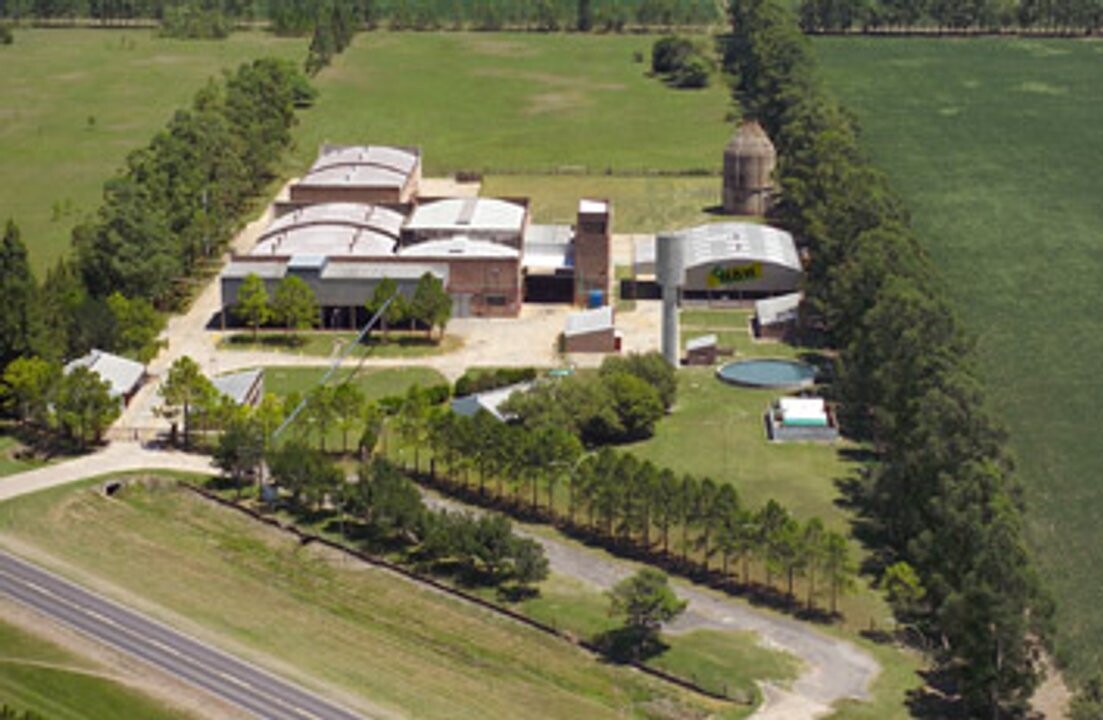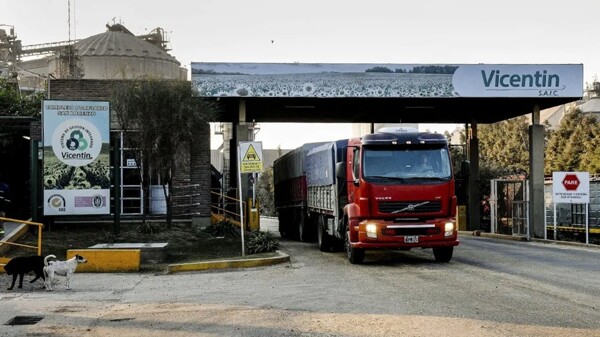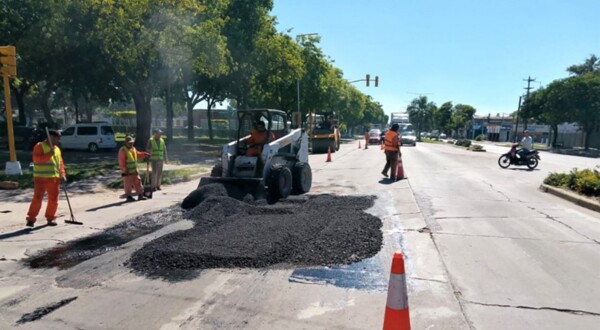
The future of Vicentín S.A.I.C., a company with a nearly century-long history, as well as the labor and economic stability of thousands of families dependent on its continuity, hangs in the balance. Magistrate Lorenzini ruled that the deadline for filing adhesions to the cramdown process will expire this Saturday, November 1st, at 00:01 hours, and that once closed, no new conformities can be added. The regulations state that the bidder who achieves a simple majority of creditors and two-thirds of the total owed capital will be the one to take over the company. Hours before the judicial deadline to define the future of Vicentín S.A.I.C., the emblematic agro-exporter based in Reconquista and Avellaneda, the so-called “cramdown Vicentin” process enters its most tense phase. Two heavyweight business groups—Molinos Agro S.A. and Louis Dreyfus Company (LDC) on one side, and Grassi S.A. on the other—are competing to take control of the firm that was a symbol of Argentina's productive interior and today concentrates a debt of over $100,000 million. The judicial decision, in the hands of Judge Fabián Lorenzini, has the entire northern region of Santa Fe on tenterhooks. His ruling will not only put an end to a high-voltage corporate dispute but will also define the economic direction of the entire northern Santa Fe. Their proposal aims to restructure Vicentín's financial framework, guarantee payments to creditors, and sustain export activity. Grassi, however, opposed the request for a vote audit proposed by its competitor, which generated a new source of tension within the judicial file. The Vicentin Paraguay Move In recent hours, Molinos and LDC made a key move: they challenged the adhesion of Vicentin Paraguay, considering its participation “out of place.” They argue that the Paraguayan subsidiary depends directly on Vicentín Argentina, currently under judicial administration, and therefore should not be treated as an independent creditor. At the same time, the consortium requested Judge Lorenzini to authorize a digital audit of the adhesion rolls, allowing access for three watchers from each party to review the conformity sheets. The community observes with caution and anxiety a process that could mark a before and after in regional economic history. Workers, suppliers, and producers agree that a clear and sustainable resolution is key to restoring confidence in the sector and avoiding the collapse of one of the country's most important agro-industrial poles. Judge Fabián Lorenzini must decide in the coming hours whether to authorize the requested audit and, subsequently, who will be the new controller of the agro-exporter. He must verify who first reached the required majorities, allowing the participation of representatives from both interested groups to ensure transparency and avoid any suspicion of irregularity. The two competing offers In the final stretch, the process faces two weighty proposals: Molinos Agro – Louis Dreyfus Company (LDC) Consortium: Both are multinationals with a global presence in the grain trade and agro-industrial derivatives. The group emphasized its commitment to a “serious, sustainable, and long-term solution” aimed at preserving jobs and restoring confidence in the agro-export chain. Grassi S.A. Group: The Rosario-based company presented a plan that prioritizes the reactivation of the bioethanol plant in the so-called “Northern Node,” paralyzed since 2020. In this proposal, Porta Hermanos S.A., a biotechnology and renewable energy company from Córdoba, would provide technology and know-how for the energy reconversion of the complex. The objective, as they explained, is “to guarantee the maximum possible transparency in a process that will define the future of an iconic company.” In recent hours, it emerged that the Molinos-LDC group stated that verifying the rolls is essential because it could affect the validity of relevant adhesions, including that of businessman Esteban Nofal, who absorbed part of the debt from foreign banks and whose vote represents 37% of the computable liabilities. The consortium accuses the funds of Avir South, owner of that debt, of coming from Soripel S.A., controlled by Nofal, which in turn would have received contributions from companies linked to the Grassi group, including societies based in the Bahamas, Rosario, and the British Virgin Islands. Meanwhile, the contest's syndicate clarified that any analysis of vote exclusion will only be carried out after the deadline closes, once all adhesions have been counted. Expectations and social climate in northern Santa Fe While negotiations intensify in judicial offices, expectation grows in Reconquista and Avellaneda. According to the contest's syndicate, 1,722 creditors have the right to vote, and the total passive amounts to $100,412 million. The judge also ordered the Plural Syndicate to supervise the voting process and verify the authenticity of each adhesion. The consortium claims to have obtained over 1,100 adhesions and projects reaching more than 70% of the conformities, which would consolidate its position in the final stretch.













